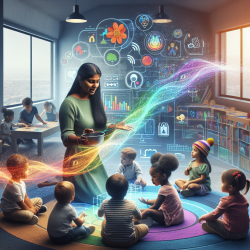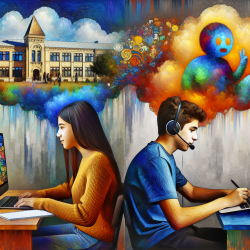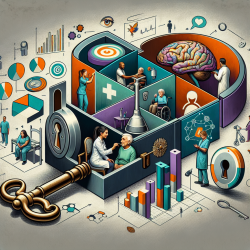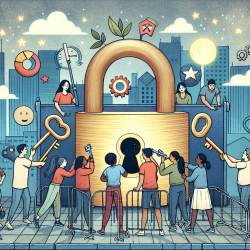In the world of education and therapy, helping students with Autism Spectrum Disorder (ASD) develop essential social skills is a vital task. Social Skills Training (SST) emerges as a powerful tool in this endeavor. This evidence-based practice has shown significant success in enhancing the social competence of learners with ASD, spanning from preschoolers to high school-age students.
What is Social Skills Training?
Social Skills Training refers to adult-directed instruction aimed at improving social skills. It can be conducted in both individual and group settings, often involving role-playing or peer-mediated instruction. The goal is to provide targeted support that helps students navigate social interactions more effectively.
The Evidence Behind SST
SST meets the rigorous criteria for evidence-based practices as set by the National Professional Development Center on ASD. It has been validated through various studies, including eight single-case design studies and seven group design studies. These studies highlight SST's effectiveness across different age groups, addressing outcomes related to social interaction, communication, behavior, play, and cognitive skills.
The Application of SST
SST is versatile and can be employed by teachers, special educators, speech-language pathologists, paraprofessionals, counselors, and psychologists. It is adaptable to various settings such as schools, clinics, or community centers. Importantly, family involvement plays a crucial role in reinforcing these skills at home and ensuring their generalization beyond structured sessions.
Implementing SST: A Step-by-Step Guide
- SST Planning: Decide on the format (individual or group), select appropriate peers for participation if needed, conduct assessments to identify current social competencies and needs, choose lesson content and instructional strategies.
- SST Execution: Implement the training sessions as planned. Use reinforcements to encourage skill use and support skill generalization across different settings.
- SST Monitoring: Collect data on skill acquisition and determine next steps based on learner progress. Adjust strategies if necessary to ensure continued development.
The Impact of SST
SST not only aids in developing social skills but also fosters better communication and emotional regulation. By integrating instructional strategies like modeling and video-modeling with direct practice opportunities, SST supports learners in achieving meaningful progress.
The joy of seeing students thrive socially is immeasurable. As educators and therapists, our goal is to equip them with the tools they need to succeed not just academically but also socially. For more detailed information on implementing Social Skills Training effectively, please follow this link.










